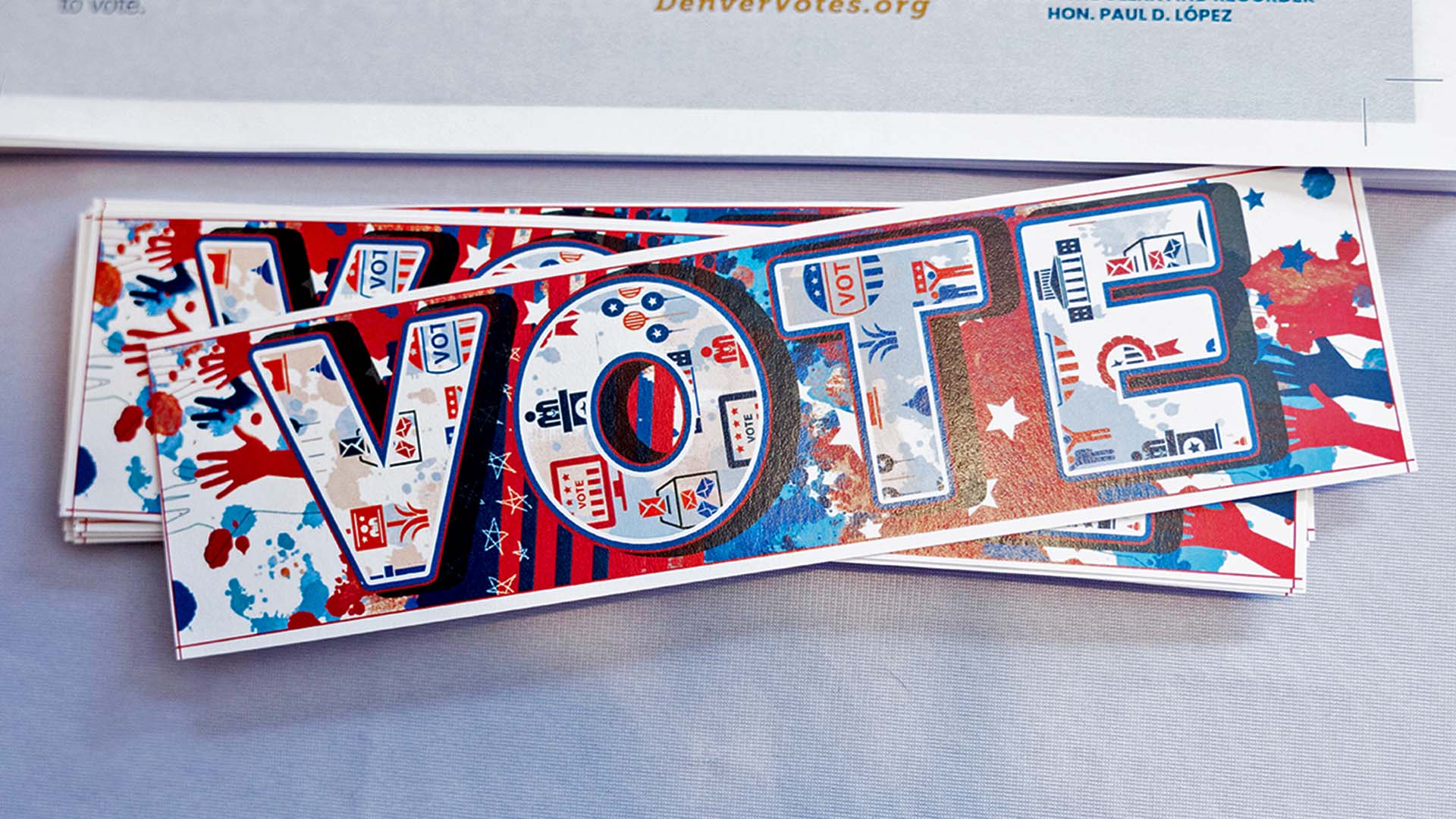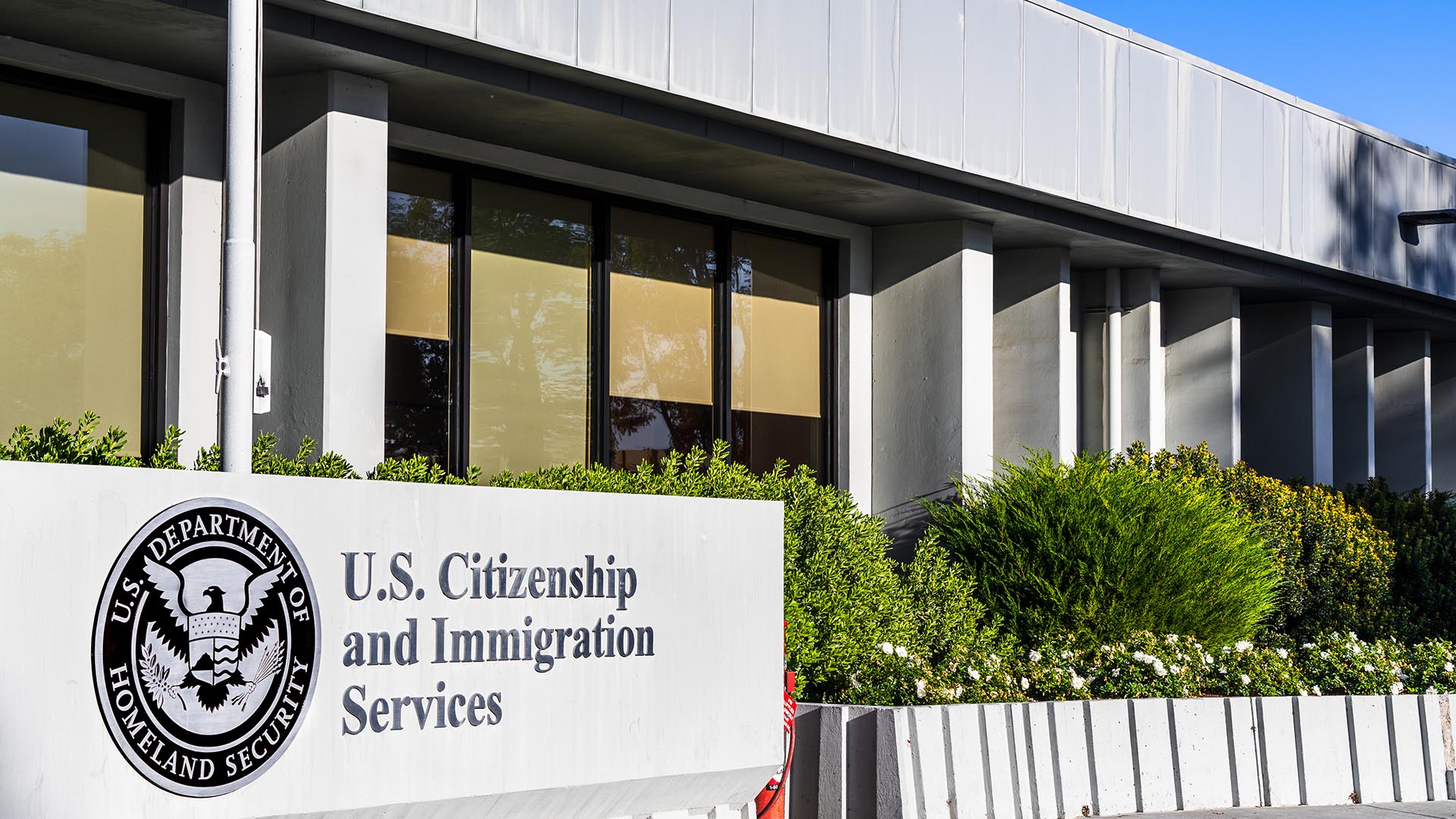Why we blame immigrants
Whenever societies find themselves in flux or experiencing change, immigrants often seem to emerge as the fall guy – but why? Politics professor Robert Preuhs explains.

Immigration has moved right to the forefront of the political debate across America and much of Europe. Why?
Basically, there are more immigrants. Whether from war-torn regions or border countries with few economic opportunities, more humans are seeking better lives outside their own borders. People have always sought better economic prospects by moving, but the breadth of conflicts and growing economic inequality in recent decades have increased the benefits of migration.
Do you see parallels between what is happening today and other tumultuous periods in U.S. history?
Certainly. New waves of immigrants often produce a backlash by current residents – that’s fairly consistent over time, and across cultures and nations. The Irish immigrants fleeing the potato famine in the mid-1800s, for example, faced a vicious reception, and satirical cartoons painted them as less than human. The Chinese Exclusion Act of 1882 blocked immigration from China. And U.S. immigration policy throughout much of the 20th century (codified in the Immigration and Nationality Act of 1952) greatly restricted immigration from non-European countries. The current administration’s policy proposals are distressing in many ways, but there is nothing new there.
Does appearance matter?
Of course. What people look like has an impact, and there can definitely be a sense of “them and us” with some immigrant groups. Before the Immigration and Nationality Act of 1965, for example, most U.S. immigrants came from northern and western Europe – they looked like us and had similar names – so that sense of cultural dislocation was absent. But the later wave of Asian and Mexican immigrants in the ’70s and ’80s met a markedly different response. Their physical disparities, combined with clear cultural differences, led to a lot of backlash across much of America.

And this is what is happening with the so-called ‘Muslim ban’?
Yes, but again it is nothing new. In recent American history, the Chinese, Jews and Catholics have all taken their turn playing the bogeyman. During World War One, for example, laws were implemented that forbade Americans from speaking German (people were actually jailed in Montana) and sauerkraut was renamed “liberty cabbage.” And more recently, who could forget our French-snubbing “freedom fries” during the Iraq War? There’s a long list of perceived enemies.
Why hasn’t there been any meaningful political progress on immigration policy?
Obviously, the general political polarization we’ve seen in recent years hasn’t helped. The sense that one party’s victory absolutely has to involve the other’s loss – sometimes, that seems almost the point – means that there is simply no room for compromise. Congress shutting down a couple of years ago was a good example of that – neither side was willing to give an inch.
Just how difficult might it be to reach a harmonious position in this area?
It’s hard to see bipartisan majorities emerging on immigration policy, not least because there’s so little consensus on what “reform” really means. Providing a path to citizenship for undocumented residents seems unlikely given the Republican majority in Congress. But both DACA [Deferred Action for Childhood Arrivals] and reforms based on skills seem to have potential for compromise. Still, that leaves the question of how to deal with the 11 million undocumented immigrants currently in the USA. As it stands, the “reform” with the most likely trajectory is one of increased border security and more removals.

How did immigration become such a bitter and contentious issue?
It’s useful to think of both main parties now more as loose coalitions of various groups, often with widely different priorities, rather than unified parties. And when you have Path to Citizenship supporters on one side and Border Watch on the other, it’s clear that any kind of nuanced debate will be next to impossible. Another effect of such polarity is that the more moderate voices within each party won’t speak up, because nobody wants to risk their career by rocking the boat.
Is there any hope of compromise emerging from such entrenched positions?
That’s especially difficult because both main parties are very much divided along racial and ethnic lines. Republicans – both the elected officials and voter base – are predominantly white. The Democrats, meanwhile, have established a strong base in the black and Latino communities. When each party is literally formed from different demographic groups, you can expect very little overlap in their views on immigration policy.

Why do so many members of this proud nation of immigrants currently see immigration as a threat?
Our immigrant pride tends to be based on those already here and their pride in their own ancestors’ immigration paths. Whenever there are moments of strong anti-immigrant sentiment in our country, it’s because current residents feel threatened. They see competition for jobs, different cultures undermining their own cultural identities and the potential of new voters to reduce their political power. For many, the easiest way to reduce that threat is to remove immigrants or restrict their access.
How might the growing power of the Hispanic vote impact on immigration policy in the future?
Here’s an interesting point: Research shows that an electorally significant number of American Latinos – around 20 percent – might be open to supporting the Republican Party if it backed off on immigration. But here’s another statistic: Just over 60 percent of Latinos also know an undocumented immigrant, which makes this policy personal for them. Until the Republicans back off on immigration, it will be hard for them to win more Hispanic support.
Finally, the million-dollar question: How do things get better?
I don’t know. Historically, things tend to get better over time. The immigrants become more assimilated and less culturally threatening. People gradually become used to this newer, diverse population. Fervent anti-immigrant behavior subsides. Having said that, there is no period in our history where there hasn’t been strong anti-immigrant sentiment of some kind. The fall guy changes, but one thing stays the same; there’s always a fall guy.
Dr. Robert Preuhs is associate professor of political science at MSU Denver. His research focuses on representation and democracy through the lens of racial and ethnic politics, state and national political institutions.







